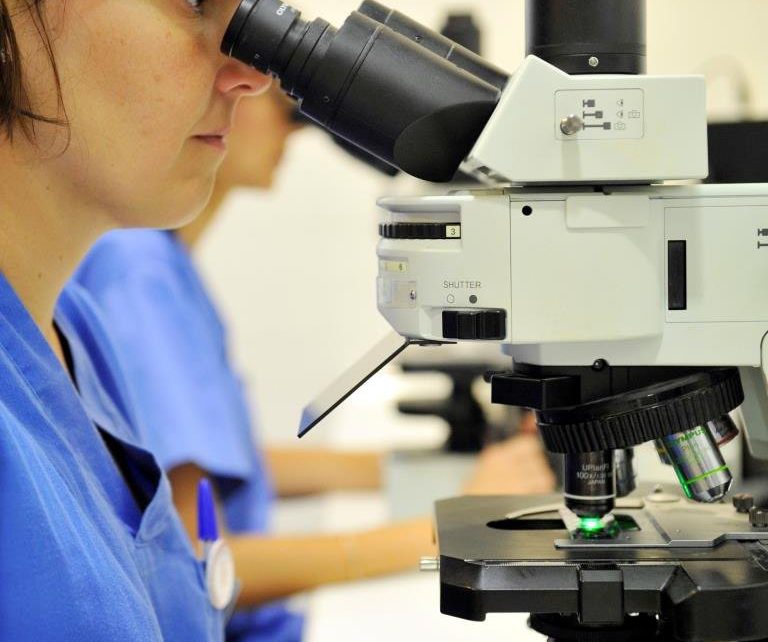
Metabolomics: embryo nutrition in in vitro fertilisation (IVF)
One of the main limitations of assisted reproduction techniques are its embryo implantation failure rates. The implantation rate is the embryo’s ability to implant in the mother’s uterus. In other words, not all embryos are able to give rise to a pregnancy. Some have a greater chance of doing so than others. If it were possible to select embryos with the greatest ability to implant, it would be possible to improve assisted reproduction technique success rates.
Índice
Strategies to improve the embryo implantation
Interventionist methods
Aneuploidy pre-implantation genetic screening methods (PGS, PGT-A) do exist and they facilitate selection of chromosomally normal embryos. These can help to improve implantation rates. However, this method involves an embryo biopsy and, as such, it is invasive.
Non-invasive methods
On the other hand, non-invasive methods that do not involve interfering with the embryo are also available. Observing embryos under the microscope is currently the only non-invasive tool for selecting the embryos that have the greatest chance of leading to a successful pregnancy. However, on occasions, embryos that are apparently good quality when observed under the microscope do not implant. Others that were labelled as being of inferior quality, meanwhile, do implant.
Metabolomics is a recent area of science that analyses cell metabolism.
Metabolomics
It allows us to understand how the embryo feeds and to use this information in order to assess its ability to lead to a pregnancy. In other words, embryos’ consumption of nutrients in a culture medium and the waste they generate can help us to identify which embryos have a greater chance of leading to a pregnancy.
The advantage of metabolomics is that it uses the same culture medium in which the embryo has been developing in the laboratory. Therefore, the embryo is not handled in any way and, as such, this is a non-invasive embryo selection method.
Instituto Bernabeu has carried out research work that allows components in the embryo’s culture medium to be identified and counted. They can then be used as markers for selecting the embryos with the greatest chance of implanting and leading to a successful pregnancy.
Dr Belén Lledó, Medical Director of IBBIOTECH, the Instituto Bernabeu group.
IT MAY ALSO BE OF INTEREST TO YOU:
